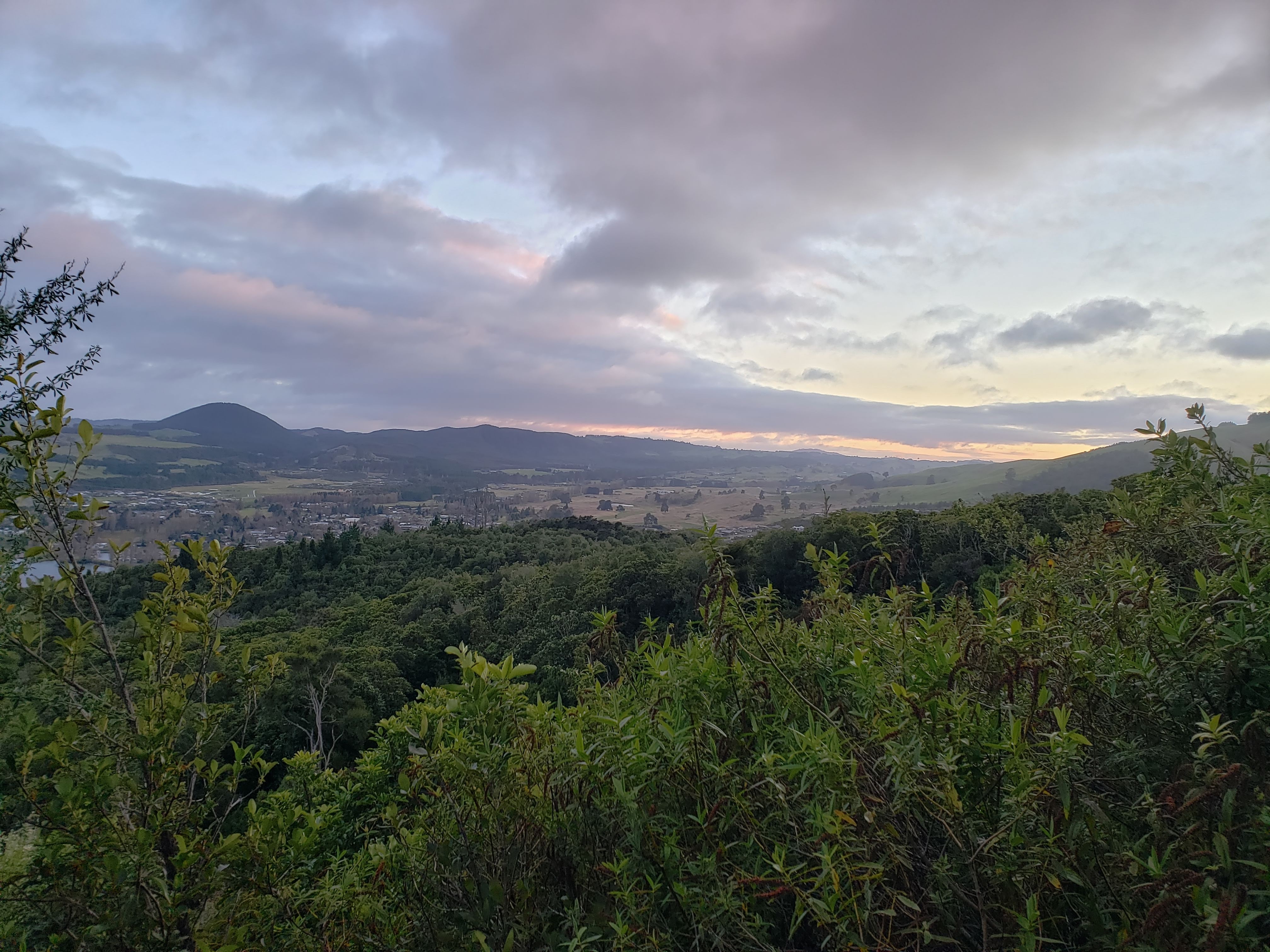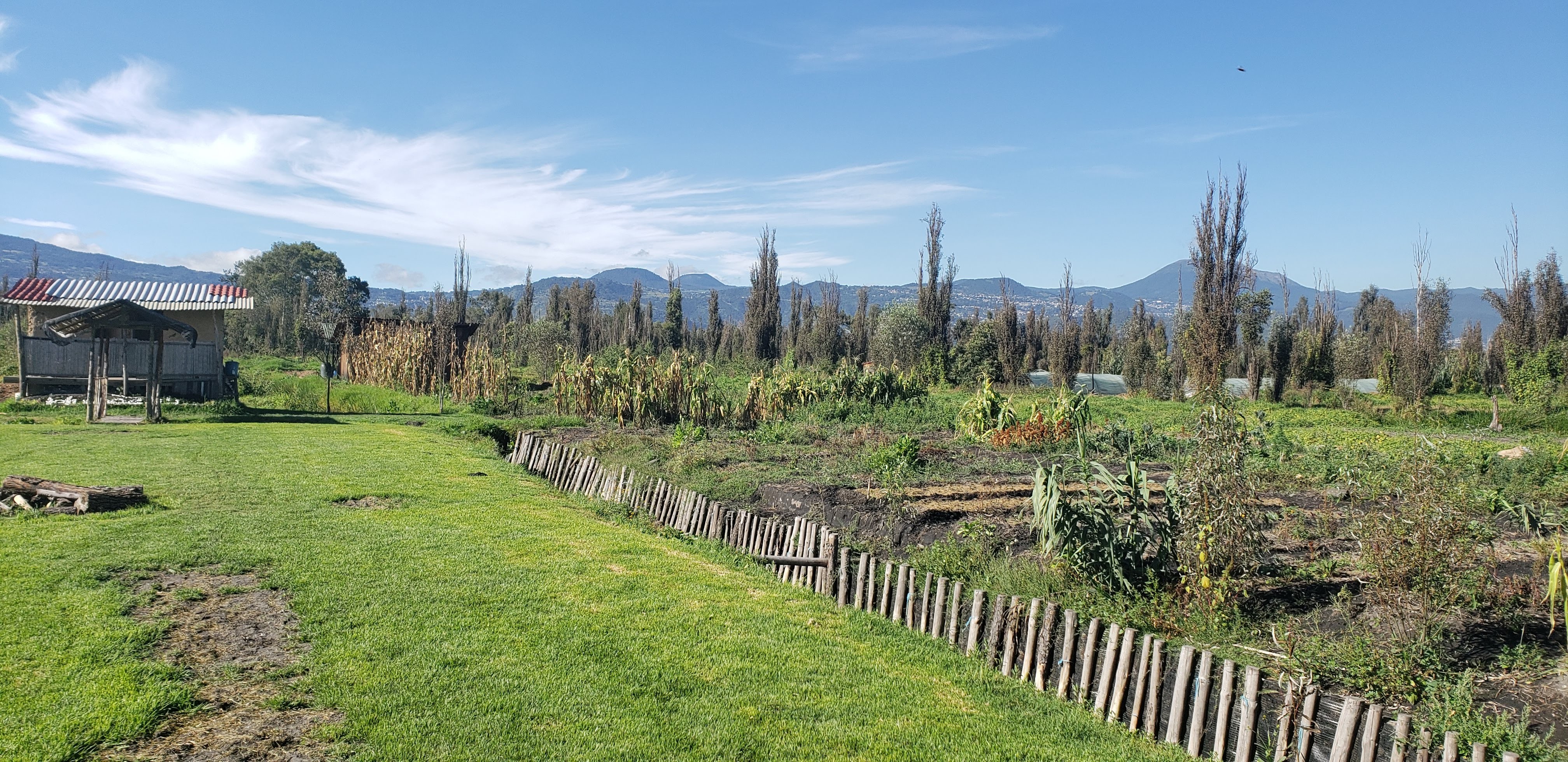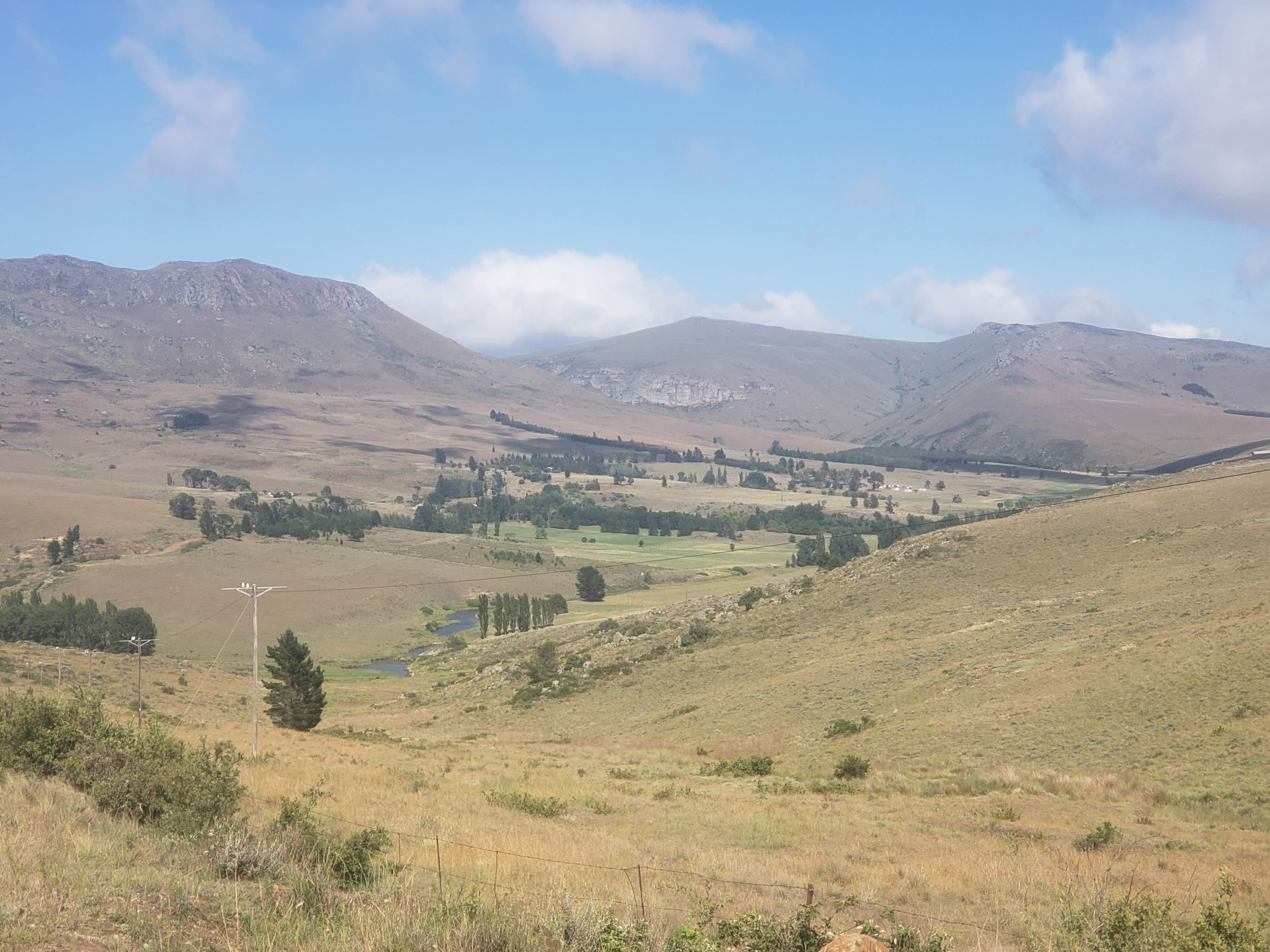Connection, Real Challenge, Real Communion: Lessons from Regenerative Agriculture
FEBRUARY 28, 2020 | TRE' CATES
Connection, Real Challenge, Real Communion: Lessons from Regenerative Agriculture
FEBRUARY 28, 2020 | TRE' CATES
I have spent the last decade of my life working in agriculture. It has been some of the best years of my professional career. I have traveled on six continents working with governments, pastoral communities, local entrepreneurs, and some of the most creative and innovative farmers and ranchers in the world. It has been amazing to listen, learn, and experience the abundance of regenerating life through the nurturing of soils. It is absolutely foundational to our thrivability, but more importantly to our survival. As Allan Savory, the founder of the Savory Institute, says, “We cannot have a church, military or country without agriculture.”
So, what have I learned? There are too many lessons to recount, but one insight stands out. It is all about connection.

Living Connections
As much as we want to believe that farming is about new strategies or technologies, in reality it is about the intimate connections of life in the soil. What kind of diversity and connection are we talking about?
“There may be over 100,000 different types of organisms living in soils… In a teaspoon of agricultural soils it is estimated that there are from 100 million to 1 billion bacteria, several yards of fungi, and several thousand protozoa.” - SARES program, USDA
That’s INCREDIBLE! I have seen firsthand the abundance that comes from life thriving in soil. Nutrient dense foods, healthy people, and healthy communities are just a few of the outcomes from nurturing the life in soil. It is all interrelated and connected. One of my favorite authors, Wendell Berry, captures this sentiment beautifully:
“The soil is the great connector of lives, the source and destination of all. It is the healer and restorer and resurrector, by which disease passes into health, age into youth, death into life. Without proper care for it we can have no community, because without proper care for it we can have no life.” -- Wendell Berry, The Unsettling of America: Culture and Agriculture
Our soils are the lifeblood to our souls. There is no greater honor than nurturing the conditions conducive to life. In contrast to this regenerative, life-giving approach is our conventional and industrialized agricultural system.

The Industrialized System Leads to Disconnection
We have embraced an agricultural system and design that reduces life in the soil to nothing but resources to extract. We no longer nurture life, but extract life from the very foundation of our existence. All of life’s connections, which have taken billions of years to create, are weakened and in some situations completely lost. This industrialized approach has done a masterful job separating and segregating versus connecting.
In a desire to know more, our science, research, industries, and people have narrowed the focus into siloed areas of expertise. We have reduced and separated everything into disconnected parts in hopes that we would better understand its design. The more specialized our knowledge, the more disconnected we have become. Isn’t it interesting that our increase in knowledge does not insure meaningful connection?
At its core, the industrialized approach is about productivity. Unfortunately, this focus on productivity has lost its rootedness in the life of the soil. When we no longer honor life in the soil, we lose its connection to us and our communities. When the life of our soils becomes disconnected from agriculture, agriculture produces lifeless food and our communities truly suffer. Is it a coincidence that our food today contains less nutrients than the food we produced a few generations ago?
The Rodale Institute claims that “conventional farming’s narrow focus on yields has led to a decline in the nutritional quality of many crops, making our food less healthy than it was just 50 years ago.” Unfortunately, we have staked our reputation, egos, and even our careers on this approach. In the end what does this do? It separates us into vested interests. It is time to break down the walls of separation and nurture the life in front of us.

From an Industrial System to One that Embraces Life
Life is designed for connection. It is our unique contribution that ensures our need for one another. It is our diversity that provides the foundation for abundance and resilience. Monocultures are a result of our continued separation. Separate, control, maximize, replace! This sounds like a prescription for an assembly line. We are more than cogs in the wheel. We can do better than this. Future generations need us to do better than this! When we reduce our soils to dirt, our people to parts, and societies to machines we kill the very life that sustains us.
We all want to believe that if we just put our head down and work hard it will all work out. This could not be further from the truth. Our health and prosperity are intimately tied to our connection. I have spent several years listening to the inspiring stories of regenerative farmers but see very little progress at scale.
There are incredible organizations like the Savory Institute who are building networks to connect, support and transform agriculture and the communities who rely upon them, but we need more. We need policy makers, community leaders, business owners, and educators to unite communities across borders in collaboration. This connection must supersede anything we have seen in our lifetimes.
Thomas Merton once said, “If man is to recover his sanity and spiritual balance, there must be a renewal of communion between the traditional, contemplative disciplines and those of science, between the poet and the physicist, the priest and the … psychologist, the monk and the politician.”
Connection is life…it is weaving together the soil, our souls and the societies we love.
Share On:
Sign up for our newsletter where you’ll receive the latest free resources, news about educational offerings and motivational prompts to bring regenerative practices into your workweek. We look forward to welcoming you to the growing global nRhythm community!
Mailing Address
4845 Pearl East Cir Ste
118 PMB 75152
Boulder, CO 80301-6112
© 2022/2023 nRhythm